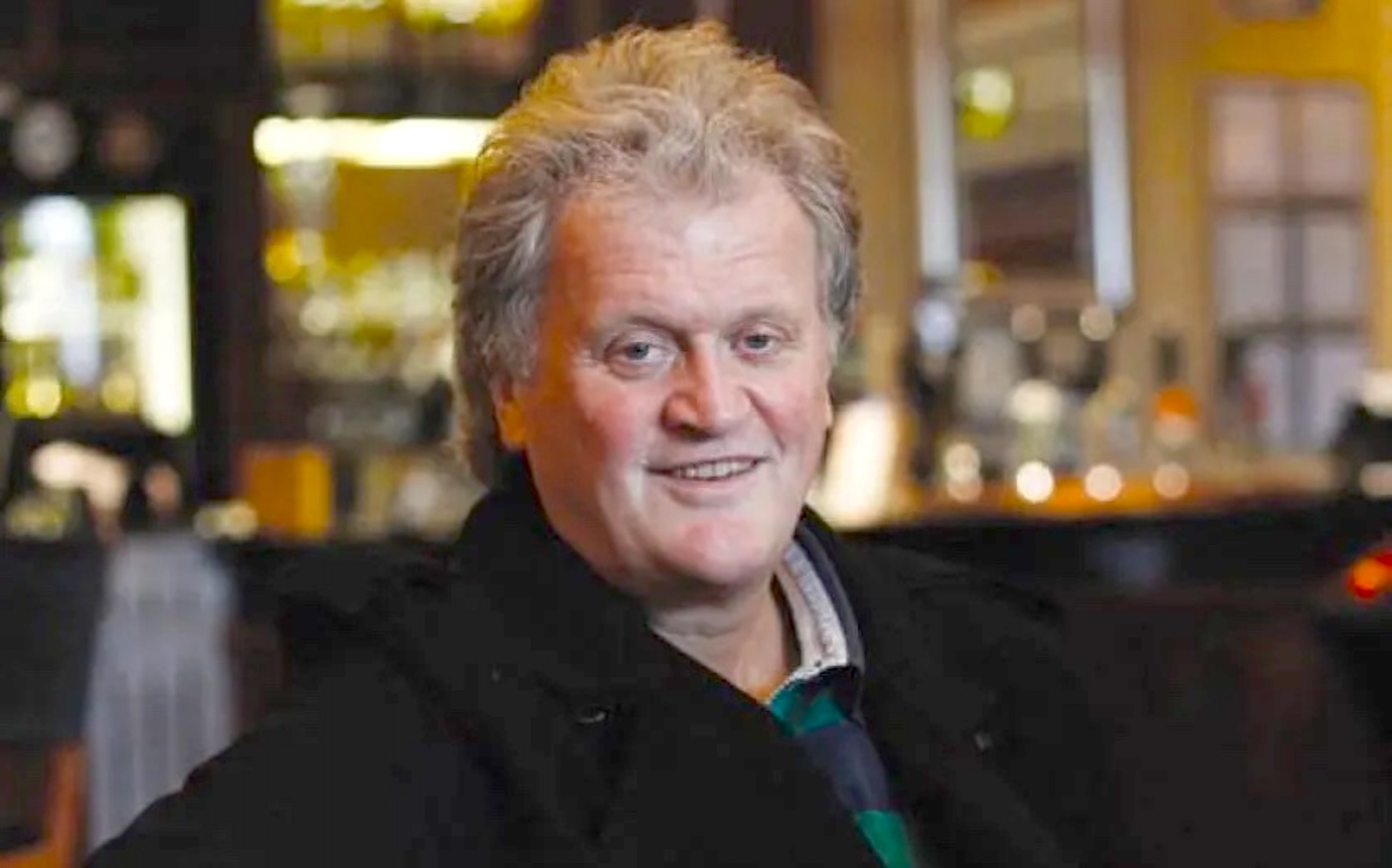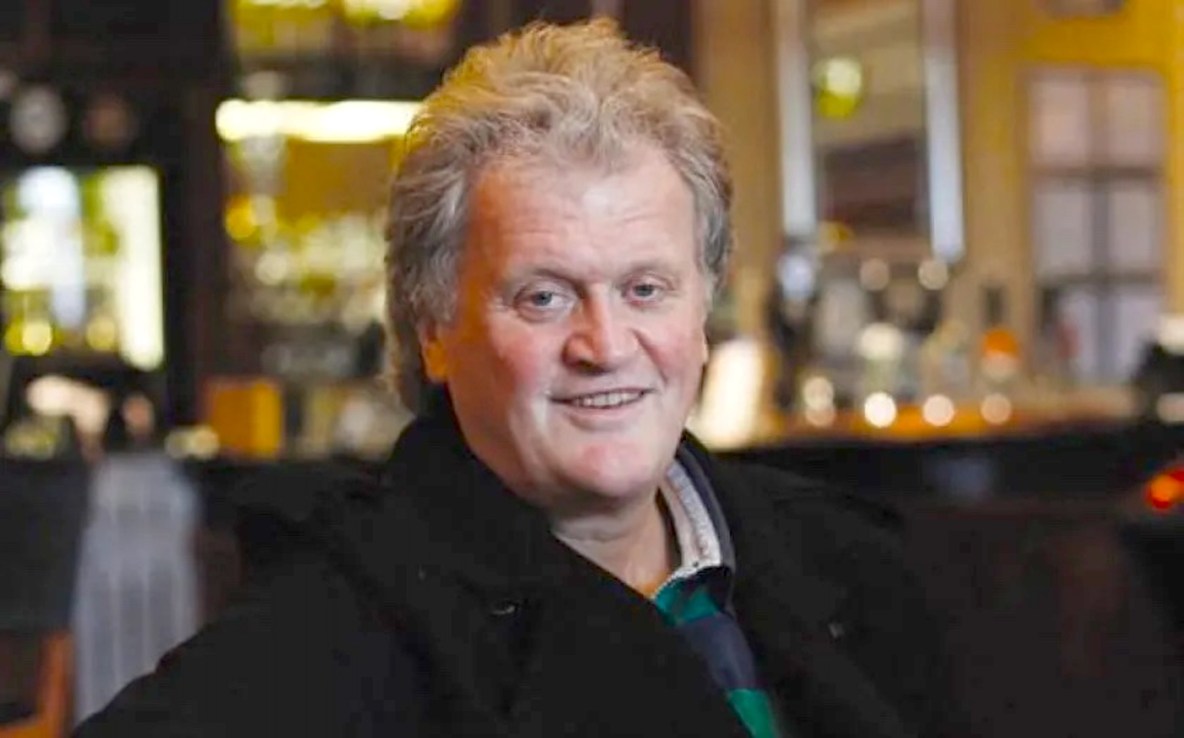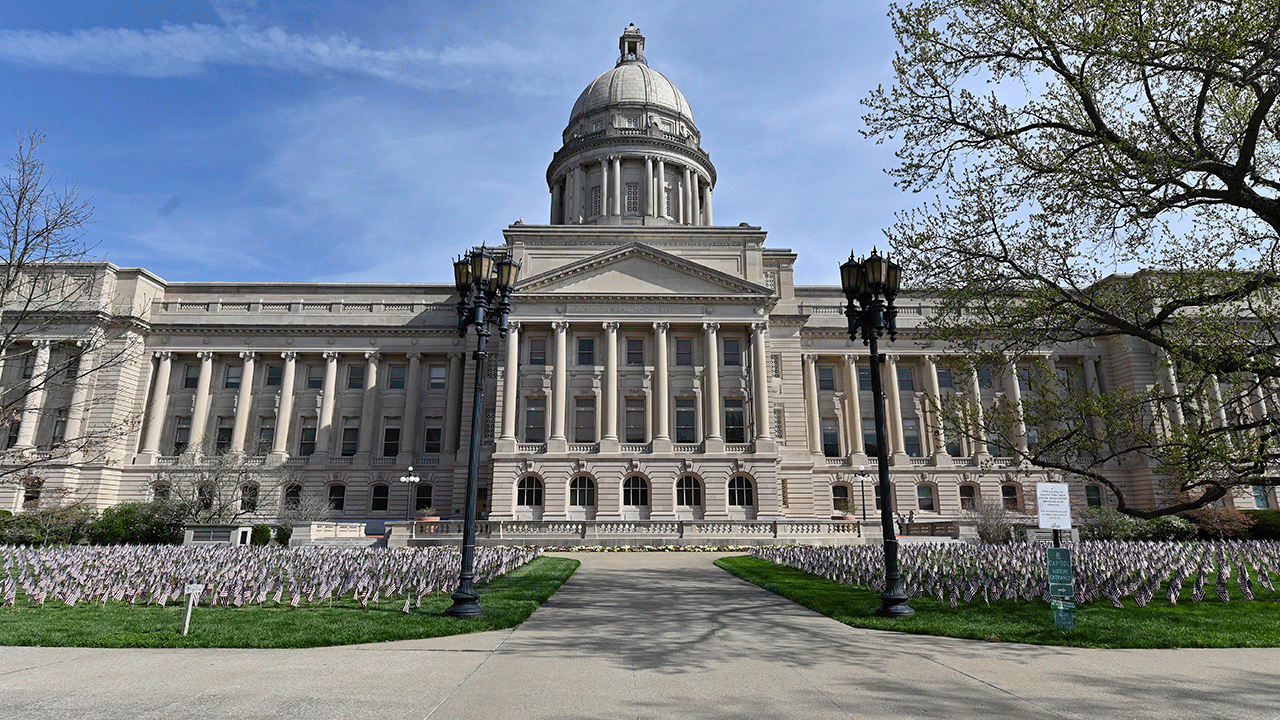JD Wetherspoon: Tim Martin on a ‘gradual recovery’ and Reeves’ plans for pubs
Labour costs have increased by £164m in this financial year compared to 2019, while energy, repairs and interest costs have risen by £28m, £38m and £16m respectively.


JD Wetherspoon’s boss Sir Tim Martin said the firm was gradually recovering from pandemic-linked setbacks, with record sales in the second quarter despite the soaring price of a pint.
The London-listed cheery chain reported a 5.8 per cent year on year increase in sales in the 10 weeks to July 7, with year-to-date sales up by 7.7 per cent year on year.
“The gradual recovery in sales and profits, following the pandemic, has continued in the current financial year,” boss Tim Martin said. “Total sales are, again, at record levels, with fewer pubs.”
Brits are apparently drinking about 20 per cent more at Spoons than before the pandemic, which “has helped to compensate for the very substantial increase in costs,” Martin said.
Labour costs have increased by £164m in this financial year compared to 2019, while energy, repairs and interest costs have risen by £28m, £38m and £16m respectively.
“Notwithstanding these cost pressures, the company continues to endeavour to “widen the moat” by investing in areas such as beer gardens, staff rooms, above-bar glass racks and improved beer dispense systems”, he said.
JD Wetherspoon, which operates 801 pubs across the UK, is set to to open new pubs in Waterloo and Fulham station, and in Marlow in Buckingham in the next few months, the home of all those michelin stars.
It has “sold or surrendered to the landlord” 26 pubs in the year to date, with a further 10 pubs on the market or under offer. Most of the sites “were smaller and older, or where the company has a second pub in reasonably close proximity”, JD Wetherspoon said.
He also added, that “staff retention is at its highest ever level. 11,066 staff, an average of 14 per pub, have worked for the company for five years or more. Of those, 3,895 have worked for 10 years and 632 for 20 years.”
Earlier in the year, it was reported the budget boozer is getting more expensive. One analysis predicted the average price of a pint at London branches of the pub chain could rise to as much as £11.22 by 2035.
The study found London to be the region with the most expensive Wetherspoon pints in the country, averaging £5.86 last year. This is largely down to increased costs for energy, and pressure on the price of beer, in part due to geopolitical tensions around the world.
Last year he said Brits will “quite probably” have to get used to £8 pints, but Spoons will try to keep it down.
“In an era where the cost-of-living crisis remains sobering, Wetherspoon’s affordable offering is clearly still a very popular choice for pubgoers seeking value,” Julie Palmer, Partner at Begbies Traynor, said.
“Importantly, it’s on track to meet current market expectations and the company will hope that its commitment to ‘widening the moat’ through strategic investments will also position itself for further growth as the picture for consumers improves,” Palmer continued.
And on the election…
Martin didn’t miss an opportunity to chip in on politics, too.
The Brexit-backing pub boss said “the average Wetherspoon pub has generated taxes of one sort or another of £7m in the last 10 years, as well as generating considerable employment and social benefits”.
“The last government failed to implement tax equality between pubs and supermarkets, leading to pub closures and under-investment – Wetherspoon hopes that the current Chancellor, with a Bank of England pedigree, will understand how many beans make five, and rectify this inequality,” he added.
The company – and analysts – continued to expect profits in the current financial year to be in line with market expectations.



